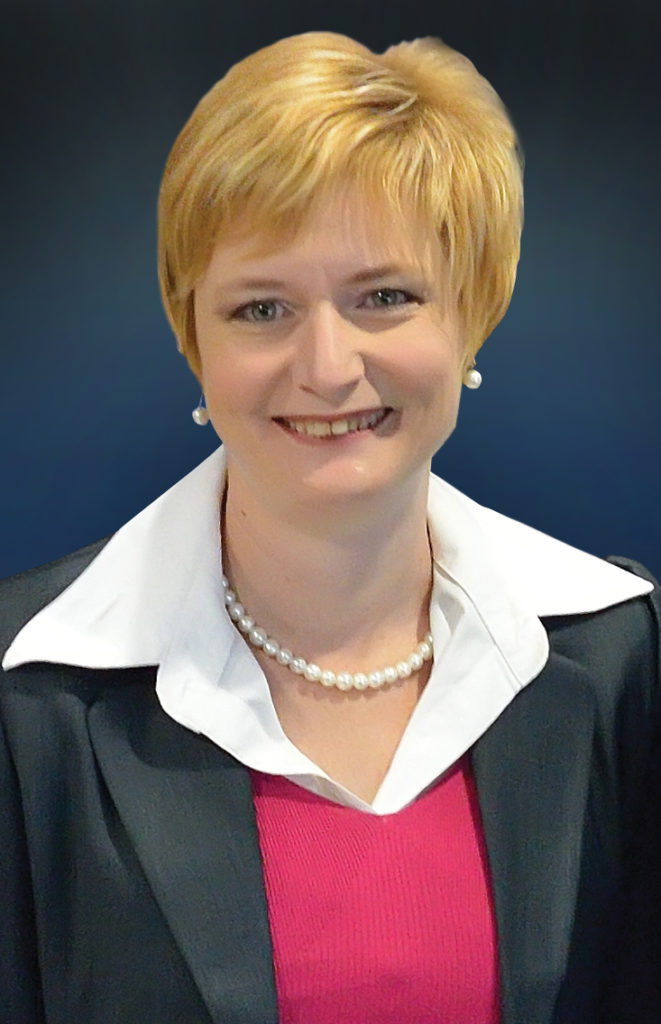2020 was tough but one thing was very clear: clients who had a close relationship with their financial advisor fared better than those that did not.
By Natasja Hart, Head of advice, GCI Wealth
When it comes to wealth management and financial advice, the main task of the advisor is always to help clients set long-term goals, and then keep the faith as the inevitable short-term upsets occur.

That’s only really possible if the advisor and client build a relationship of trust. Last year’s unprecedented upheavals showed once again the power of that relationship as many clients had to confront reduced salaries, retrenchments, health anxieties and even severe illness and death in their circles – all coupled with radical changes in business and social life.
Based on my own experience and those of close colleagues, the role of the financial advisor really came into its own during this time. Having somebody to talk to was of real value, and then there was the frequent need to make adjustments to cope with the current circumstances.
But most important of all was the role financial advisors could play in helping clients keep their eye on their long-term goals, even if the path towards them suddenly got a lot more convoluted!
Product providers and asset managers: take a bow
During this period of great uncertainty and runaway change, it was particularly gratifying to see just how well the providers of financial products and asset managers responded. They implemented excellent communication plans that spoke to the concerns of financial advisors and their clients. The adjustments made to various products in light of the pandemic were well communicated, and the asset managers kept us abreast of their thinking as they rebalanced underlying portfolios in response
to a shifting market.
The consistent message from asset managers was not only that they were adjusting their holdings to take into account the changes in market outlook but that they were also concentrating on the opportunities the volatility offered. Human nature is to keep moving forward, so this message was very useful, and contributed to building a more positive attitude with clients.
And, of course, the fact that we could keep clients informed about these developments up the value chain strengthened the trust bond still further.
It wasn’t just the product providers and asset managers that performed well in the crisis – the regulator also came up with trumps with a six-month amendment to the regulation relating to the range of drawdowns permitted from living annuities. During this period, which ended in September, annuity-holders could increase their drawings to as high as 20%, something that created a lifeline for those battling against financial headwinds. At the other end of the scale, the ability to reduce drawdowns to 0.5% offered clients an opportunity to ease the pressure on their investments at a time when the market was extremely volatile.
When adjustments had to be made to drawdown arrangements with product providers in terms of this amended regulation, the experience was extremely good and the changes were effected smoothly.
Building trust in troubled times
Earlier I said that financial advisors found themselves playing an even more important role than usual in helping clients navigate these treacherous waters. But it’s also worth acknowledging the challenges this created for advisors themselves.
The fact is that the issues we were – and are – dealing with currently are much more serious and numerous than usual. Whereas one would hope to deal with a death, a severe illness or a retrenchment infrequently, they have now become frequent – and the strain for the advisor becomes real. One starts to better understand the strain that frontline medical staff are consistently under!
Another issue was the rapid move from in-person consultations to digital ones. Speaking for myself, I quickly realised that I had become rather set in my ways, and a concerted effort was needed to become adept at digital meetings. The more comfortable I was, the better able to interact with clients. I found that digital meetings tended to be shorter and to the point, making it possible to have more
frequent meetings – again a way of building trust.
I was particularly worried about initiating relationships with new clients over digital channels but in the end one just had to get on with it, and treat the meeting as if it were in person. Surprise, surprise – one can connect with a stranger and begin building trust on digital channels.
2021 promises more of the same but, in the end, I think one could argue that this experience of adversity has actually been an opportunity for financial advisors – and the rest of their value chain – to prove our worth to clients.


